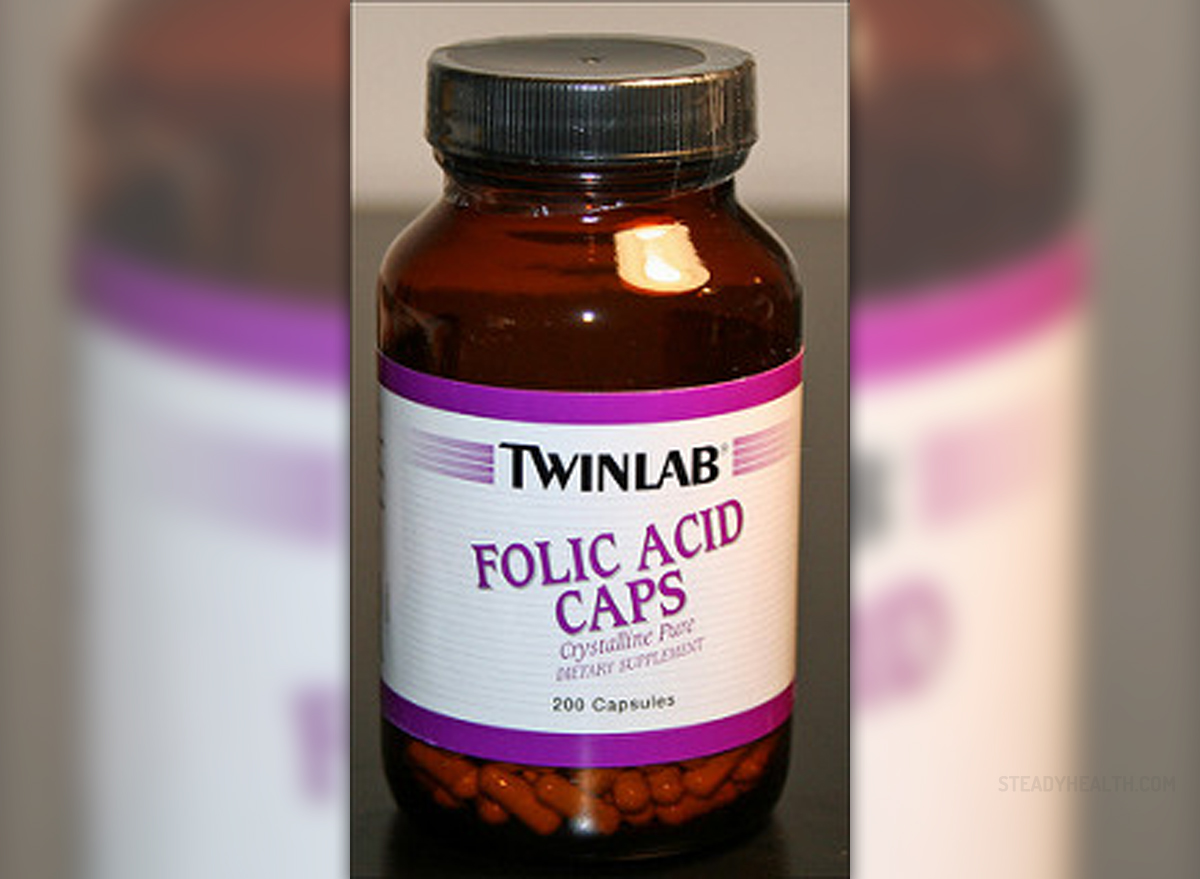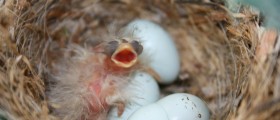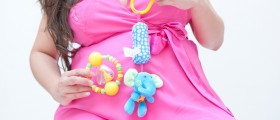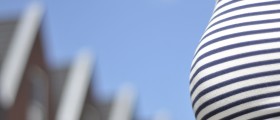
Foreplay reduces chances for conception. During foreplay, the front of uterus rises away from the cervix. This creates a longer path for sperm to reach the egg for fertilization. Both men and women, even if they are not vitamin-deficient, may benefit from taking a complete vitamin B supplement including folic acid. In women, folic acid prevents the birth defects that result in cleft palate and spina bifida. In men, folic acid supplementation can increase the "swimming ability" of sperm, increasing fertility. Megadoses are not necessary and do not help. Taking just the recommended daily intake (RDI) is enough to support fertility.
Conception is always a matter of timing. The release of the egg during ovulation is often accompanied by release of cervical mucus that resembles egg white. The mucus is thin, watery, and elastic. The most likely time for conception occurs about a day after the release of the mucus, and continues for about three days. This usually occurs 13 to 17 days after a woman's period. Alcohol is not a good prelude to lovemaking when conception is desired. Women who drink during the third week of their periods are less likely to conceive. Of course, no woman should drink during pregnancy. The "safest" time to drink is immediately after a woman's period and before ovulation, but because ovulation can occur at irregular intervals, it is best to not to drink at all if you are seeking to conceive.
Unlike alcohol, caffeine does not cause birth defects. Women who suffer endometriosis or ovarian cysts, are less likely to conceive when they drink caffeinated coffee. The caffeine in coffee, tea, and soft drinks enhances the action of estrogen, and estrogen powers the growth of tissues that can block the release of the egg during ovulation or the implantation of the egg after fertilization. Decaf, however, is safe for women trying to conceive.
- healthfinder.gov/api/Outlink/Search/https/www.hhs.gov/opa/pregnancy-prevention/non-hormonal-methods/fertility-awareness-and-natural-family-planning/index.html?_label_=Read+more+about+natural+family+planning
- www.betterhealth.vic.gov.au/health/conditionsandtreatments/age-and-fertility
- Photo courtesy of Jeffrey Beall by Flickr: www.flickr.com/photos/denverjeffrey/4480552240/

















Your thoughts on this
Loading...